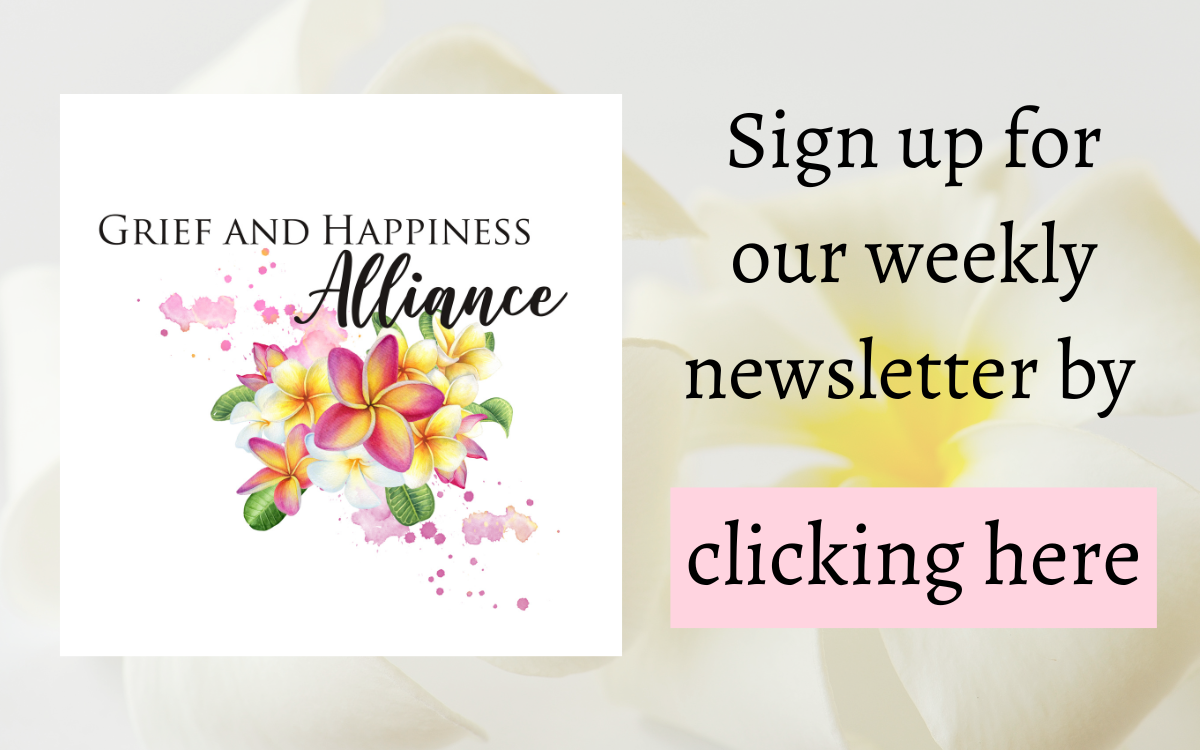
Here is the dilemma. There is no ideal way to grieve. Each grief is as individual as each fingerprint. How you grieve depends on lots of different considerations:
- How long did you know who you are grieving for?
- How close were you to this person?
- What are your personal feelings about death?
- What do you think happens after death?
- What new responsibilities do have because of this death?
- Is your income affected?
- Are you relieved?
- Are you devastated?
- Are you alone?
- Are you angry?
I could go on and on with this list. What is most important, though, is how you feel right now and what you are willing or able to do. I have heard that following Elisabeth Kubler Ross’s Five Stages of Grief is the best way to deal with grief, so let me put that idea to rest. To start off with, she wrote those stages about dying, not grieving. While you may be able to apply some, or maybe all the stages of denial, anger, bargaining, depression, and acceptance to your grief, chances are most of them won’t apply to you, and if they do, there are lots of other stages people have suggested like shock, disbelief, pain, and hope to name a few.
Does having a list to check off really help? I don’t think so. The best way to deal with your grief is to pay attention to what you are experiencing and act on that. For instance, the main feeling some people experience is loneliness. If you were accustomed to spending most of your time with your loved one who died, chances are, you may be having a hard time figuring out what to do now. If this is your case, what could you do to help with your loneliness? I found that getting together with others who were also dealing with loss to write about what we were experiencing helped me a lot, as it did the other members of the group. Or you may prefer to spend time with people who aren’t dealing with loss so you can focus on something different.
If binge watching Netflix allows you some escape for a while helps, do that, and don’t judge yourself for doing it. Just be sure to come up for air sometimes and do something different. Discover what brings you some joy. Is it calling or Zooming with grandchildren? Or maybe you want to hear from an old friend. Instead of waiting for that person to contact you, reach out. I just had a wonderful conversation on the phone with a friend who I hadn’t talked to in ten years. When we hung up, we both were smiling and have stayed in touch since.
The key here is not to judge yourself in relation to how others are dealing with their grief. Rather, find the ways to deal with your grief that suit you the best. Think about what you want to do, about what could help you feel better. Then do it, whatever it is. One thing that helps me is to walk on the beach. I also love to garden and write. Discover something that you feel good doing and that you look forward to doing again, then do it. Just take good care of yourself, please. You are worth it!
I would be happy to put you on the reminder list for or Writing Together Through Grief occurring on Saturdays each week by sending an email to me to emily@lovingandlivingyourwaythroughgrief.com and giving me your email address.
You can order Loving and Living Your Way Through Grief by clicking here at Amazon.





